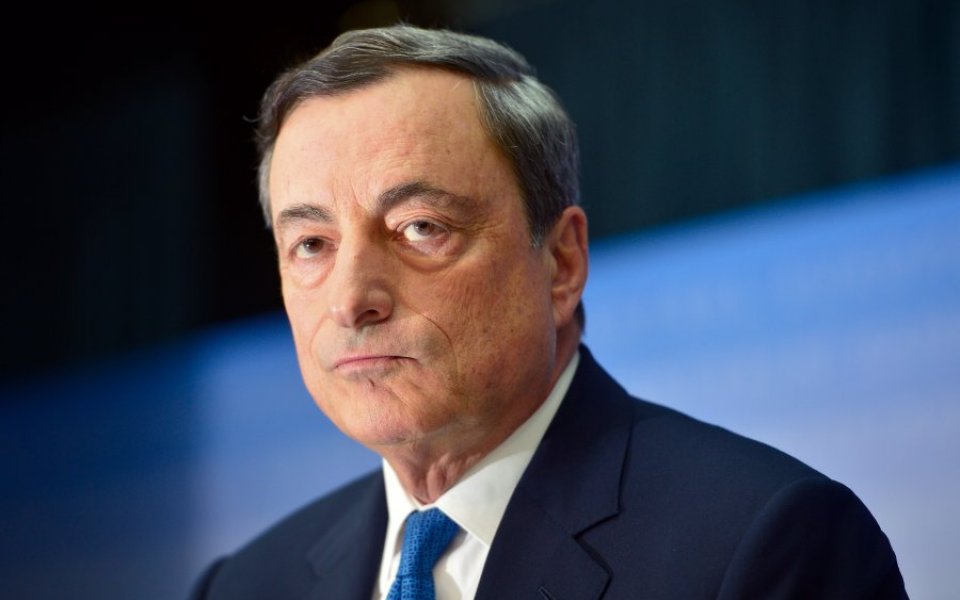European Central Bank chief Mario Draghi blasts critics of easy money

European Central Bank (ECB) boss Mario Draghi has hit back at critics of the bank's decisions to keep interest rates low and launch a €1.5 trillion (£1.1 trillion) asset purchase programme.
Draghi, who last week hinted interest rates might be cut further, said low interest rates were not punishing savers. He said inflation adjusted returns did not tell this story and that a hike in interest rates would "simply push us back into recession and rates would stay lower for longer."
The former Bank of Italy chief also dismissed claims that low rates were fuelling speculation. He told an audience at Deutsche Borse Group in Frankfurt: "Financial crises are typically associated with strong credit growth and rising leverage in the banking system. What we see at the moment, however, is a nascent credit recovery and deleveraging among banks. In fact, coming out of a deep banking crisis, rapid credit growth would really be a 'luxury problem'!"
Draghi said that boosting growth using the ECB's monetary policy was not taking the pressure of European governments that need to reform their labour markets – another common criticism.
"Spain started its labour market reforms when interest rates had already gone down. Italy passed a labour market reform last year in tranquil market conditions. Likewise, France is pursuing the Macron reforms with no market pressure," he said.
"So if we look at these concerns together, we can see a common theme. While each contains a grain of truth, there’s another side to the story which isn’t receiving the same attention."
At the end of his speech, he also took the time to briefly address some other criticism of his policies:
In the course of the last few years some commentators were cautioning that our policies would cause runaway inflation. They didn’t. Others warned that we were exposing ourselves to heavy losses from expanding our balance sheet and accepting lower-quality collateral. In fact we haven’t had a single loss. Then those same authorities claimed that our policies were illegal. The European Court of Justice disagreed. Now they warn us about the side-effects and risks of what we’re doing.